News About a Plant Hormone
12/07/2018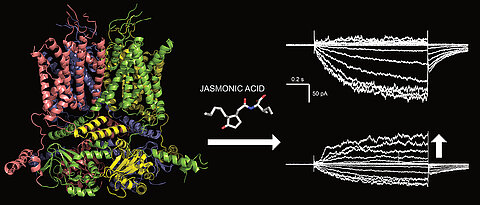
The plant hormone jasmonic acid also performs a function that was previously unknown. It ensures that the leaf pores close when leaves are injured. For the plant, this could be an emergency signal.
more


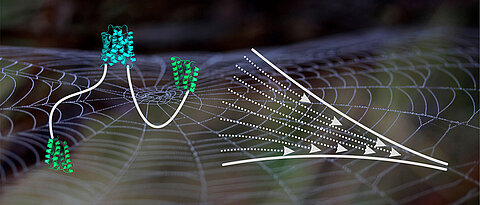
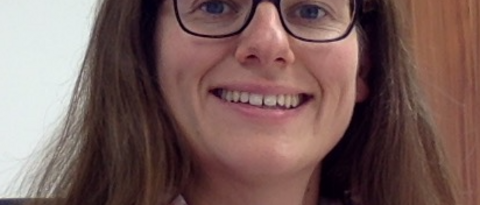
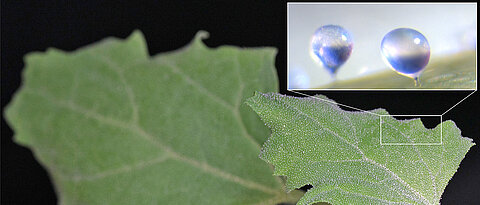


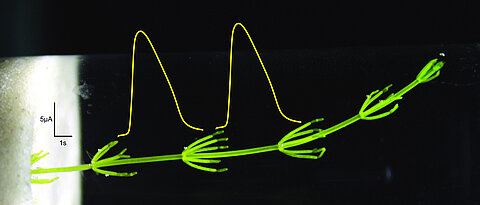
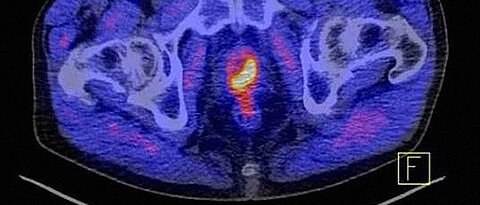
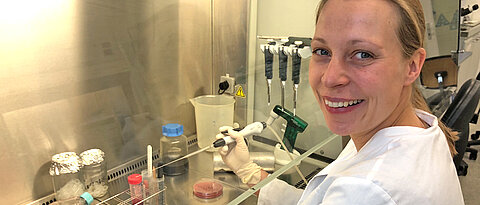
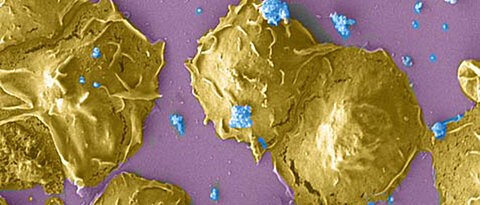
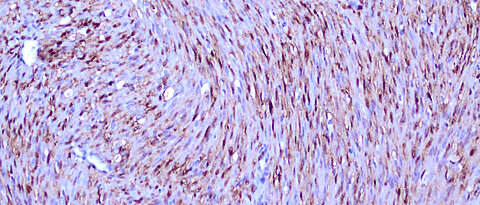
![[Translate to Englisch:] Logo Biozentrum der Universität Würzburg [Translate to Englisch:] Logo Biozentrum der Universität Würzburg](/fileadmin/_processed_/4/c/csm_logo-biocenter-480-205_8920736dd4.png)



